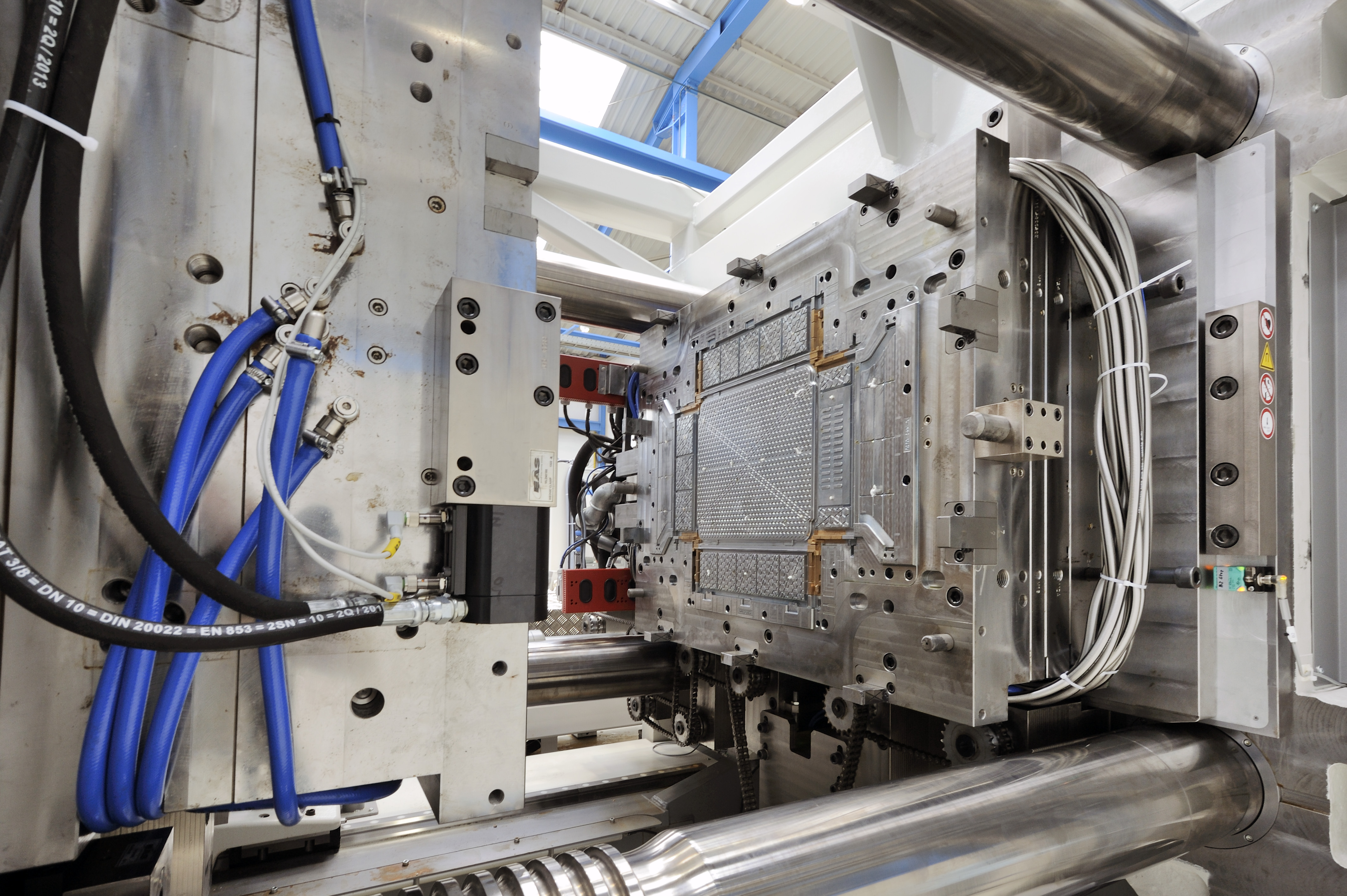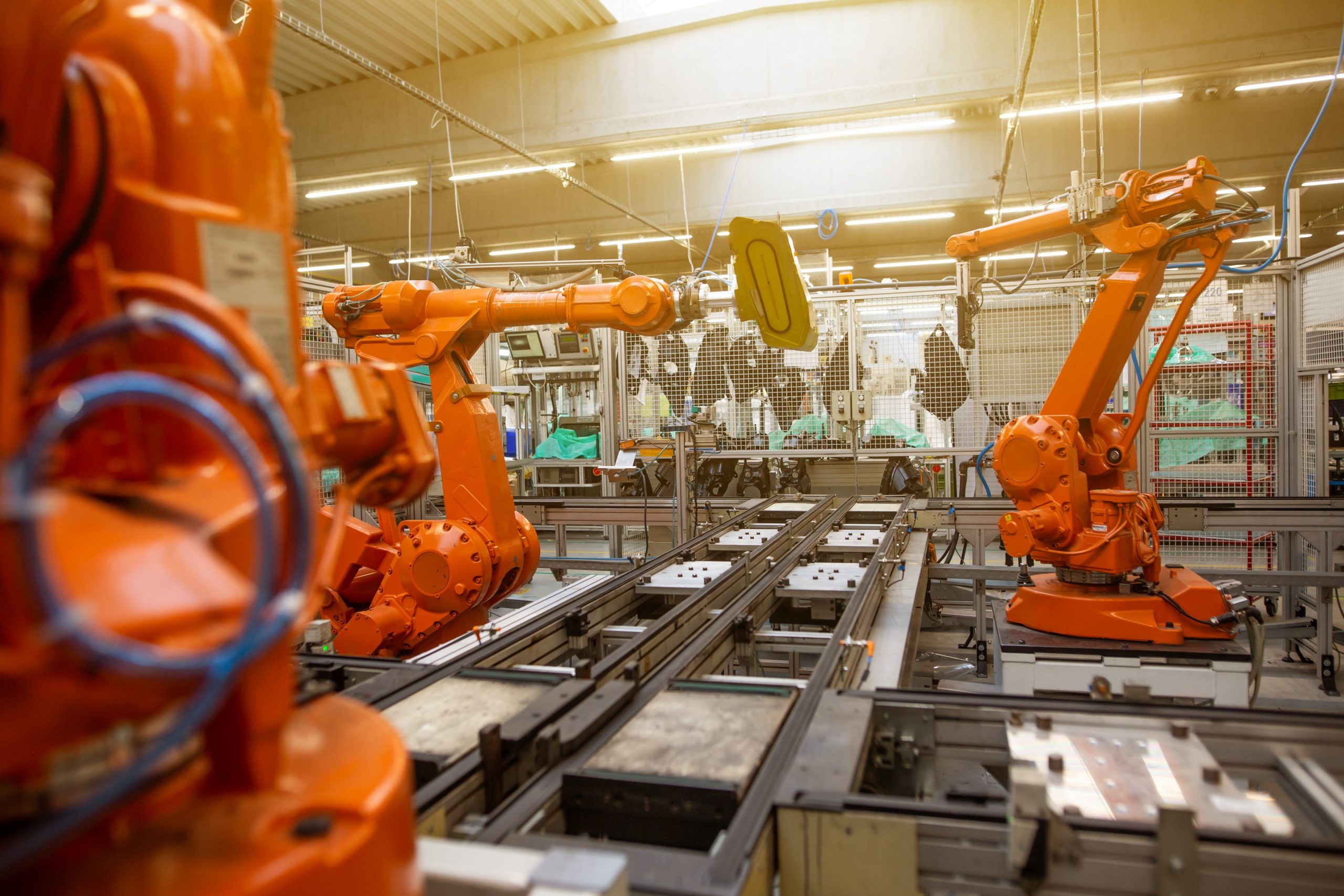Injection molding is a widely used manufacturing process known for its ability to produce complex and high-quality parts at scale. However, despite its advantages, the process comes with its own set of challenges that can affect efficiency, quality, and cost. At SMT, we pride ourselves on delivering cutting-edge injection molding solutions that meet and exceed the diverse needs of our clients across various industries. In this blog, we will explore the top ten challenges in injection molding and how innovative companies like SMT address them.
Learn more about Injection Molding
1. Material Selection
The Challenge
Choosing the right material is critical in injection molding as it affects the strength, flexibility, durability, and resistance of the final product. The wrong material choice can lead to defects, failures, or poor performance.
SMT’s Approach
At SMT, we work with an extensive range of engineering-grade resins, including PA, PBT, POM, and more. Our material expertise allows us to recommend the best options for specific applications, ensuring optimal performance and longevity. We collaborate closely with material suppliers to stay updated on the latest advancements and offer our clients the most suitable materials for their projects.
2. Tooling Design and Maintenance
The Challenge
The design of the mold significantly impacts the flow, cooling, and ejection of the material, as well as the dimensional accuracy and surface finish of the part. Poorly designed molds can cause warping, shrinkage, flash, and other defects.
SMT’s Solution
Our team of experienced engineers excels in designing and developing tooling optimized for best-in-class repeatability. We use advanced CAD/CAM systems and Finite Element Analysis (FEA) to predict and optimize part performance before tooling is created. Regular maintenance and calibration of molds ensure consistent quality and extend the lifespan of the tooling.
3. Managing Material Flow and Fill
The Challenge
Ensuring proper material flow and complete cavity fill is crucial, especially for large or complex parts. Inadequate flow can lead to voids, incomplete filling, and inconsistent part properties.
SMT’s Strategy
We optimize gate and runner designs to facilitate smoother material flow and use flow simulation software to predict and address potential flow issues. Our advanced molding techniques, such as decoupled molding, allow for independent optimization of the filling and packing phases, resulting in improved part quality and reduced cycle times.
4. Cooling and Cycle Time Optimization
The Challenge
Cooling is a critical phase in injection molding, affecting cycle time and part quality. Inefficient cooling can lead to warping, distortion, and internal stresses.
SMT’s Techniques
We implement advanced cooling techniques, such as conformal cooling, to ensure uniform cooling and reduce cycle times. Our closed-loop process control systems continuously monitor and adjust molding parameters to maintain consistent part quality throughout the production run.
5. Addressing Warping and Shrinkage
The Challenge
Warping and shrinkage are common issues in injection molding, caused by uneven cooling or material contraction. These defects can compromise the dimensional accuracy and structural integrity of the parts.
SMT’s Solutions
We conduct comprehensive stress analysis to identify potential weak points and address them in the design phase. By selecting materials with lower shrinkage rates and optimizing cooling strategies, we minimize the risk of warping and shrinkage.
6. Managing Injection Pressure and Melt Density
The Challenge
Higher injection pressures are often necessary to ensure proper material flow and fill, but managing these pressures while safeguarding mold integrity and part quality is a delicate balance.
SMT’s Approach
We collaborate closely with material suppliers to select polymers that accommodate high injection pressures. Our injection profiles are fine-tuned to strike the right balance between pressure and material flow, ensuring optimal part quality and mold longevity.
7. Ensuring Consistent Part Dimensions
The Challenge
Inconsistent part dimensions can arise from variations in material flow, cooling rates, or mold design. These inconsistencies can lead to assembly issues and reduced product quality.
SMT’s Quality Assurance
Our precision molding capabilities enable us to achieve tight tolerances and complex geometries, meeting the most demanding specifications. We employ automated inspection systems and statistical process control methods to ensure consistent part dimensions across production runs.
8. Reducing Environmental Impact
The Challenge
Injection molding is a resource-intensive process that can have a significant environmental impact due to energy consumption, waste generation, and emissions.
SMT’s Commitment
Our commitment to environmental management is reflected in our ISO 14001 certification. We implement sustainable practices, such as using renewable or recycled materials, optimizing process efficiency, and minimizing scrap and waste. Our energy-efficient manufacturing processes and equipment further reduce our environmental footprint.
9. Adapting to Technological Advancements
The Challenge
The rapid pace of technological advancement requires manufacturers to continuously update their equipment and processes to remain competitive.
SMT’s Innovation
We invest heavily in cutting-edge equipment and processes, including the latest in automation and robotics. Our ongoing R&D initiatives and partnerships with technology providers ensure that we stay at the forefront of injection molding technology.
10. Balancing Customization and Standardization
The Challenge
Balancing the need for customized solutions with the efficiency of standardized processes is a common challenge in injection molding.
SMT’s Flexible Solutions
We offer a range of molding techniques and services that allow for both customization and standardization. Our flexible production lines can be quickly reconfigured to accommodate different product requirements, and our standardized processes can be easily customized for specific client needs.
Expanding on the Challenges and Solutions
While the top ten challenges in injection molding cover a broad range of issues, it’s important to delve deeper into how these challenges impact the industry and the innovative solutions that are being developed to address them.
Material Selection: A Critical Decision
The choice of material not only affects the physical properties of the final product but also impacts the manufacturing process itself. For instance, materials with high melting points may require specialized equipment and longer cycle times, affecting production efficiency. At SMT, we work closely with our clients to understand the specific requirements of their applications, allowing us to recommend materials that offer the best balance of performance, cost, and manufacturability.
Tooling Design: The Foundation of Quality
The design and maintenance of injection molds are crucial to achieving high-quality parts. Molds must be designed to withstand the pressures and temperatures of the injection molding process while maintaining precise dimensions. SMT’s investment in advanced design software and simulation tools allows us to optimize mold designs for durability and performance, reducing the risk of defects and extending the life of the tooling.
Managing Material Flow: Ensuring Consistency
Material flow is a complex challenge that involves controlling the temperature, pressure, and speed of the injection process. Inadequate flow can lead to defects such as short shots, sink marks, and weld lines. SMT’s use of flow simulation software enables us to predict and address potential flow issues before production begins, ensuring consistent and high-quality results.
Cooling and Cycle Time: Balancing Speed and Quality
Cooling is one of the most time-consuming phases of the injection molding process, and optimizing this phase is key to reducing cycle times and improving productivity. SMT employs advanced cooling techniques, such as conformal cooling channels, to achieve uniform cooling and minimize cycle times. Our closed-loop control systems ensure that cooling parameters are precisely controlled, maintaining part quality while maximizing throughput.
Addressing Warping and Shrinkage: Maintaining Integrity
Warping and shrinkage can compromise the dimensional accuracy and structural integrity of molded parts. These issues are often caused by uneven cooling or material contraction. SMT’s comprehensive approach to addressing these challenges includes selecting materials with low shrinkage rates, optimizing cooling strategies, and conducting stress analysis to identify and mitigate potential weak points.
Injection Pressure and Melt Density: Achieving Balance
Managing injection pressure and melt density is a delicate balance that requires careful control of process parameters. SMT’s collaboration with material suppliers allows us to select polymers that can withstand high injection pressures without compromising part quality. Our fine-tuned injection profiles ensure that the right balance between pressure and flow is achieved, resulting in high-quality parts with minimal defects.
Ensuring Consistent Dimensions: Precision and Accuracy
Achieving consistent part dimensions is critical for ensuring that molded parts fit and function as intended. SMT’s precision molding capabilities, combined with automated inspection systems and statistical process control methods, ensure that parts meet the most demanding specifications. Our commitment to quality assurance means that every part is produced to the highest standards of precision and accuracy.
Reducing Environmental Impact: Sustainability in Manufacturing
As environmental concerns continue to grow, manufacturers are under increasing pressure to reduce their environmental footprint. SMT’s commitment to sustainability is reflected in our ISO 14001 certification and our efforts to implement sustainable practices throughout our operations. By using renewable or recycled materials, optimizing process efficiency, and minimizing waste, we are able to reduce our environmental impact while maintaining high-quality production.
Adapting to Technological Advancements: Staying Competitive
The rapid pace of technological advancement in the manufacturing industry requires companies to continuously update their equipment and processes to remain competitive. SMT’s investment in cutting-edge equipment and processes, including automation and robotics, ensures that we stay at the forefront of injection molding technology. Our ongoing R&D initiatives and partnerships with technology providers allow us to continuously improve our capabilities and offer our clients the most advanced solutions available.
Customization and Standardization: Flexibility and Efficiency
Balancing the need for customized solutions with the efficiency of standardized processes is a common challenge in injection molding. SMT’s flexible production lines and standardized processes allow us to offer both customization and standardization, providing our clients with the flexibility to meet their specific needs while maintaining efficient production.
Conclusion: Driving Innovation and Success
Injection molding is a complex and dynamic process that requires expertise, innovation, and a commitment to quality. At SMT, we have developed a comprehensive approach to addressing the top challenges in injection molding, allowing us to deliver high-quality, precision-engineered components for a wide range of industries. Our commitment to quality, innovation, and sustainability sets us apart in the field of injection molding, and our investment in advanced technologies and continuous improvement ensures that we remain at the forefront of the industry.
Whether you’re facing challenges with material selection, tooling design, or environmental impact, SMT has the expertise and technology to help you overcome them. We’re not just molding parts; we’re crafting solutions that drive innovation and success across industries. If you’re looking for a partner who can deliver comprehensive injection molding solutions tailored to your specific needs, we invite you to reach out to us. Let’s work together to overcome your injection molding challenges and drive your projects to success.
Contact us today at 630-961-3000 or email us at smtinfo@smtllcgroup.com to learn more about how SMT can support your injection molding needs. Together, we can turn injection molding challenges into opportunities for innovation and growth.



